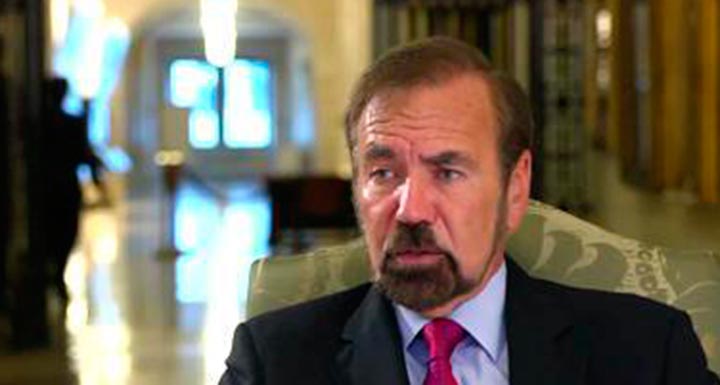
Getting down to business in Cuba, maybe
The potential opening in Cuba for U.S. investments has some wealthy developers eager to enter that market. At least one of them has plans for dwellings in Cuba, based on his own vision of the future. The citations that follow are fromBloomberg:
SAO PAULO — Miami billionaire Jorge Pérez says an end to a U.S. economic embargo on Cuba could help turn Havana into a mecca for real estate investment.
Pérez, who was born in Argentina to Cuban parents, oversees a global condo empire with US$20 billion in assets as chairman of Related Group.
***
In an interview at his Miami office, Pérez said he favours a lifting of the embargo even after Cuban exile groups organized protests in Miami’s Little Havana neighbourhood last month to oppose President Barack Obama’s easing of restrictions in place for more than 50 years.
***
Pérez said Related Group has about US$3 billion in annual revenue. The company’s majority shareholder started out in the late 1970s building low-income housing in the Miami neighborhoods of Little Havana and Homestead, according to the company’s website.
Well, that seems positive: a Miami billionaire with Cuban parents who knows how to build low-income housing and opposes the blockade wants to bring his capital and expertise to Cuba. One of Cuba’s most pressing needs is housing. The hurricanes of a few years back destroyed or damaged a large number of units, and even today that housing has not been all restored. Many people are still living in shelters or improvised housing, staying with families, or waiting for materials and financing to rebuild. Can Perez help?
Here is what interests him:
“Demand for second homes will be much bigger than the Bahamas, Puerto Rico or Dominican Republic.”
That’s second homes for foreigners who live in other places but would like a luxury home-away-from-home in Cuba.
The South Florida Business Journal explained what that means in the U.S.:
“We are building the world’s most expensive bank safety deposit boxes,” said economist Jonathan Miller, president and CEO of Miller Samuel. “You put your box up in the sky, fill it with valuables and rarely visit it. This is not unique to Miami. In almost every urban market across the country, we are seeing a focus on luxury development and a large influx of international influence. The U.S. has become this global safe haven.”
Cuba does not match this profile, although surely there are jet setters who would like to have a wintering place at preferred locations in Havana, perhaps on a beach. But what about the Cubans throughout the country who still lack basic housing that is secure and affordable?
We don’t know whether Perez has thought of that. He does, however, have plans for luxury sky boxes for non-Cubans. A slam dunk for U.S. developers, as he sees it. To be fair, we note that he does want help Cubans, in his own way (Bloomberg again):
If an opening occurs, Pérez said he’d be interested in creating joint ventures with Cuban companies to help cultivate an entrepreneurial class, teach people how to operate in a free market economy, and encourage them to keep income from the projects in Cuba to help the country grow. He’s also interested in getting involved in the restoration of historic Havana.
Getting to a meeting of the minds between Cuban officials and potential US investors may take some time.
(Editorial from La Alborada)

